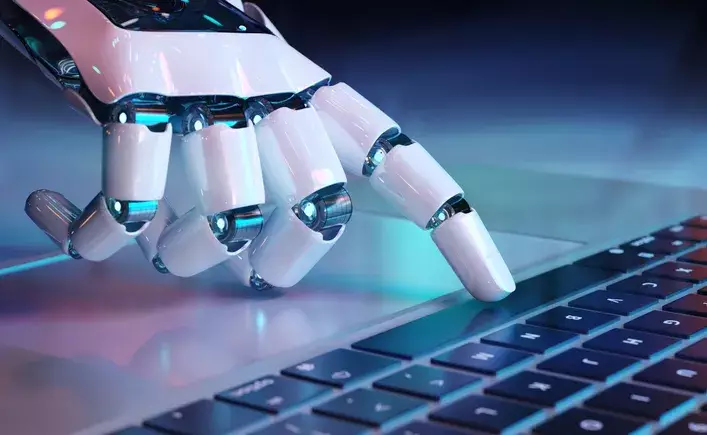As we venture deeper into the realm of artificial intelligence, one question looms larger than ever: What constitutes true authorship? The recent ruling regarding AI-generated poetry is shedding light on this very dilemma, reinforcing an age-old principle in copyright law—that genuine authorship must emanate from a human mind. This code of understanding creates an unsettling reality for artists and creators who leverage AI as a tool in their creative arsenal. When creativity mingles with technology, can the same protections that have upheld human artistry truly apply, or should they be re-evaluated?
In a significant ruling involving Stephen Thaler, the Court of Appeals for the District of Columbia Circuit vocalized its position that outputs generated solely by AI lack legal attribution to a human author. The court’s unanimous decision reflects a growing awareness that the current structure of copyright laws seems ill-equipped to address the rapid advancements in technology. With Judge Patricia Millett stating that “because many of the Copyright Act’s provisions make sense only if an author is a human being,” the ruling reiterates a pivotal criterion: human authorship is fundamental for registration.
The Implications for Creators
The ramifications of this decision ripple throughout the artistic community, particularly for those who incorporate AI in their creative processes. Artists often aim to harness cutting-edge technology to innovate and experiment, but the stark reality is that simply engaging with generative AI tools strips them of the ownership rights they might have otherwise enjoyed. With the AI outputs considered mere derivatives without human touch, we are forced to consider a troubling scenario: what happens to the creative spirit when the tools we employ become the dominant force?
Imagine an illustrator refining a digital landscape by providing detailed prompts to an advanced AI system. Despite their meticulous input, the resulting art isn’t legally theirs. In effect, they have crafted a middleman—albeit an intelligent one—who claims all the creative glory without the complexities of authorship. The U.S. Copyright Office has highlighted that human intervention is a decisive factor that can make AI-assisted outputs copyrightable, yet merely issuing prompts isn’t sufficient. Hence, the traditional understanding of ownership morphs into a murky terrain filled with questions about efficacy and fairness.
The Future of Art and AI
In contemplating the potential future of creative expression entwined with technology, we find ourselves turning a lens toward the broader implications of this ruling. A world where AI is both a collaborator and a commodity is already unfolding before us. Film studios and content creators are leaning heavily on AI for story generation, visual effects, and even musical compositions. The question remains: will the law adapt as technology advances, or will it remain static until the cracks become too large to ignore?
One cannot help but feel that the inertia surrounding copyright law could lead to a stifling of ingenuity. As creators, we often dance along the fine line of inspiration and imitation. The very essence of art is predicated upon influence and evolution, yet when algorithmic creations are rendered untouchable by ownership laws, how do we reclaim that narrative? The prospect of corporations monopolizing creative work without accountability is daunting, pressing the need for dialogue about a more inclusive and future-oriented copyright system.
Revisiting the Nature of Creativity
This situation compels us to reevaluate our understanding of creativity itself. Art has always been an evolving tapestry woven from tradition, experiment, and technological evolution. To deny creators ownership over their digital progeny raises profound philosophical questions about the origins of art, intent, and the human experience. Is creativity something that can be quantified and commodified, or is it an intangible expression of human existence?
Society stands at a crossroads where art, technology, and law intersect. As the legal discourse surrounding AI-generated work develops, we may witness a shift in how society perceives the very nature of creativity itself. If we hope to foster a future where AI is a constructive companion rather than a creative thief, we must advocate for a nuanced understanding of ownership that recognizes human input as an indispensable ingredient for art. The time to reflect and redefine our artistic principles has never been more crucial.


Leave a Reply